Hi there, pet lovers! 🦢
Geese have been domesticated for thousands of years, serving as guardians, lawnmowers, and even beloved companions. But are they the right addition to your farm or backyard? In this detailed review, we’ll explore everything you need to know—from their temperament and care requirements to their pros, cons, and long-term commitment.
Whether you’re considering geese for egg production, meat, pest control, or simply as lively farm pets, this guide will help you make an informed decision.
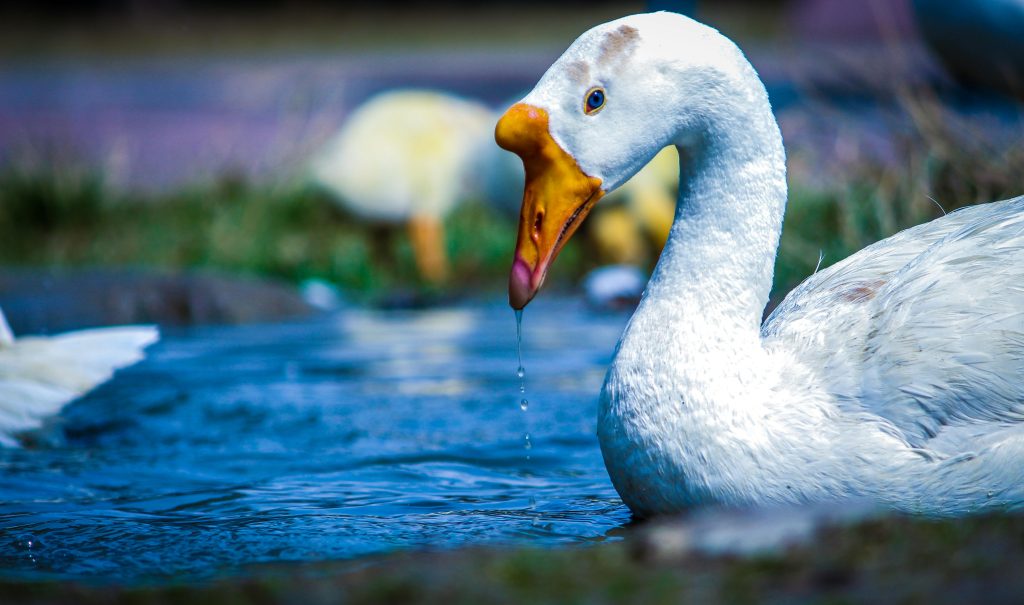
Overview
Geese (Anser anser domesticus) are intelligent, social, and highly adaptable birds that can thrive in a variety of environments. Known for their loud honks, strong territorial instincts, and impressive grazing abilities, they are a popular choice for homesteaders and small-scale farmers.
Here’s a quick summary of what makes geese unique:
- Handling and Temperament: Can be affectionate but may show aggression during breeding season.
- Care and Maintenance: Low feed costs but require space, water access, and predator-proof housing.
- Health and Durability: Hardy birds but prone to obesity if overfed.
- Availability: Easily found from hatcheries, breeders, and farm stores.
- Cost: Affordable to purchase but require proper fencing and shelter.
- Overall: Excellent for grazing, guarding, and sustainable farming, but not ideal for urban settings due to noise.

Why Choose a Goose?
Geese are multipurpose birds that offer more than just eggs or meat. They serve as natural lawnmowers, pest controllers, and even livestock guardians. Their strong flock mentality makes them social animals, and some breeds bond closely with their owners.
Top Reasons to Raise Geese:
✔ Efficient Grazers – They reduce feed costs by eating grass, weeds, and insects.
✔ Natural Alarm Systems – Their loud honking deters predators.
✔ Low Housing Needs – They tolerate cold weather and require minimal shelter.
✔ Long Lifespan – With proper care, geese live 10-25 years.
✔ Sustainable Meat & Eggs – Some breeds produce large eggs and high-quality meat.
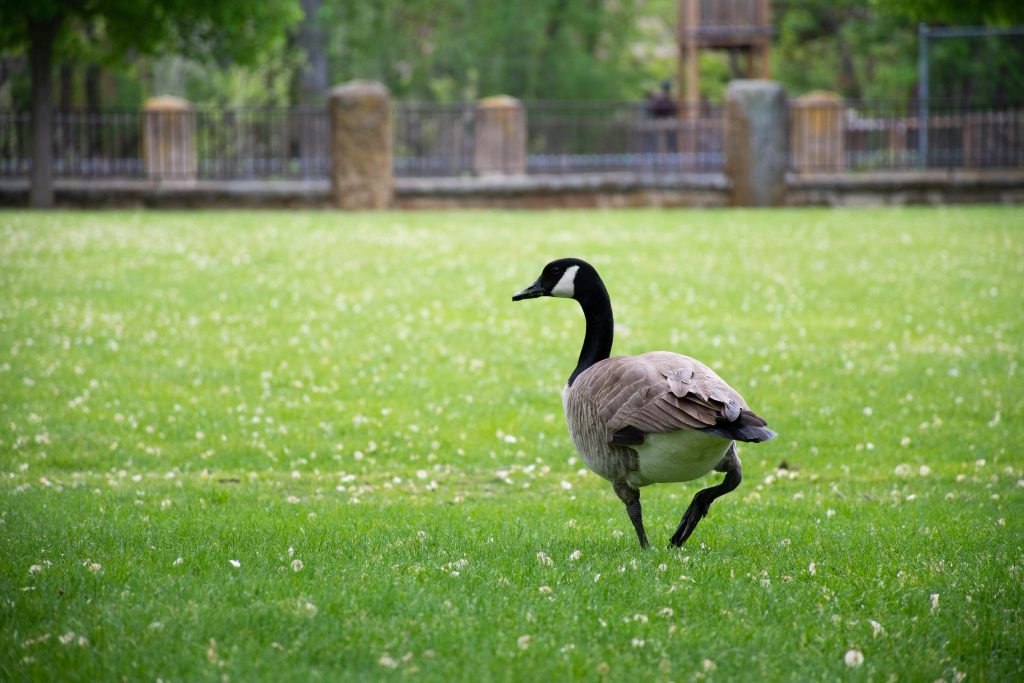
Handling and Temperament
Geese have strong personalities, ranging from friendly and docile to fiercely territorial. Their behavior depends on breed, upbringing, and gender (ganders are more aggressive, especially in breeding season).
Personality Variations
- Affectionate Geese – Hand-raised goslings often imprint on humans, following them like dogs.
- Guard Geese – Some breeds (like Roman or Chinese geese) are highly alert and will chase intruders.
- Aggressive Geese – Males can be territorial, hissing, flapping wings, or even biting during nesting season.
Handling Tips
- Start young – Goslings raised with human interaction are tamer.
- Avoid sudden movements – Geese interpret fast approaches as threats.
- Respect their space – Never corner a goose, especially during breeding season.
Biting? While rare, a goose bite can pinch. Wearing gloves helps when handling defensive birds.
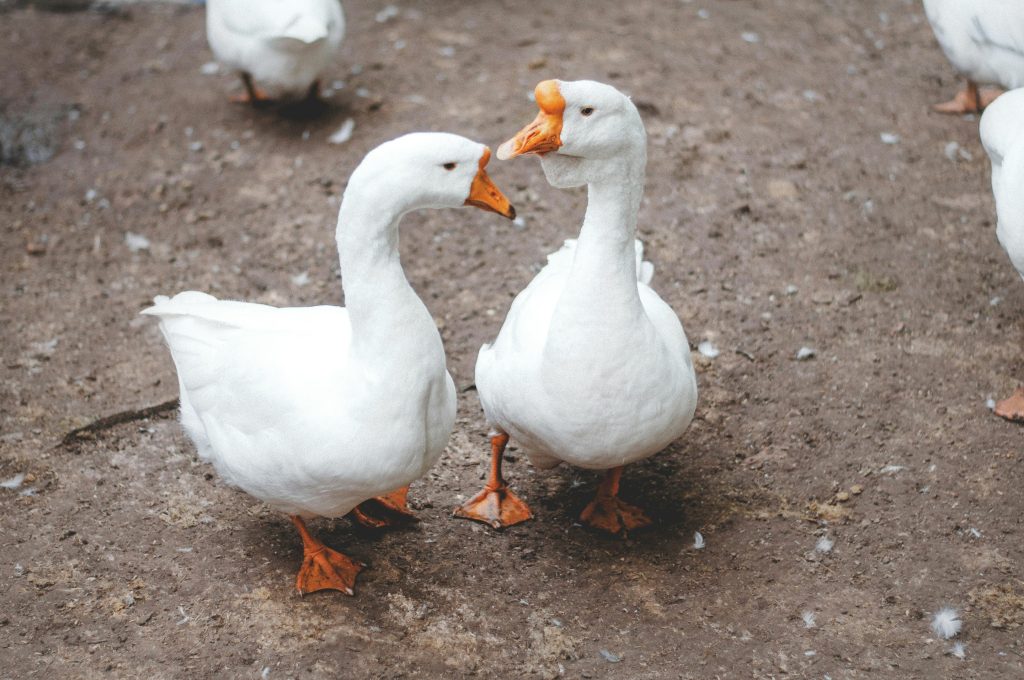
Care and Maintenance
Geese are low-maintenance compared to chickens or ducks, but they still need proper housing, food, and water.
Enclosure Setup
✔ Space Requirements – At least 1/4 acre per pair for grazing.
✔ Fencing – 4-5 ft tall with predator-proofing (electric fencing helps).
✔ Shelter – A simple three-sided shed protects them from wind and rain.
Feeding
- Grass & Greens – 80% of their diet should be fresh pasture.
- Supplemental Feed – Layer pellets or cracked corn in winter.
- Grit & Water – Always provide grit for digestion and clean water for dipping bills.
Health Considerations
- Obesity – Avoid overfeeding grains.
- Bumblefoot – Caused by rough surfaces; keep bedding clean.
- Parasites – Regular deworming may be needed in damp environments.
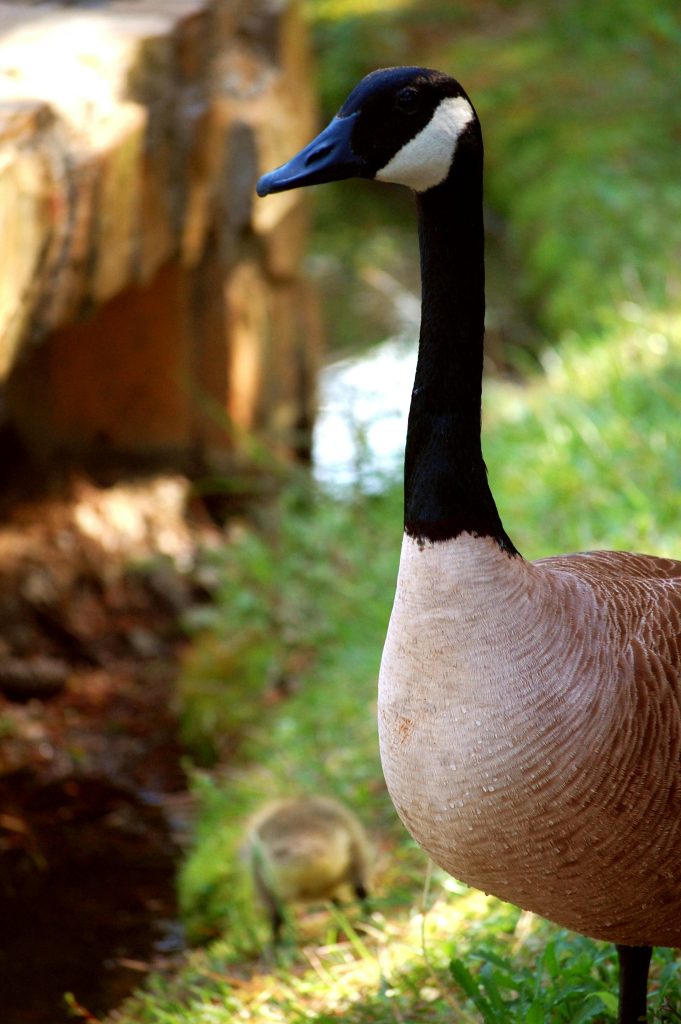
Health and Durability
Geese are resilient birds but can face health issues if neglected.
Common Health Problems
- Respiratory Infections – Caused by damp, dirty bedding.
- Frostbite – Mostly affects feet in extreme cold (provide dry straw).
- Egg Binding – In females if calcium-deficient.
Preventative Care
✔ Clean Water – Prevent bacterial infections.
✔ Pasture Rotation – Reduces parasite buildup.
✔ Annual Check-ups – Especially for breeding birds.
With good care, geese can live decades, making them a long-term commitment.
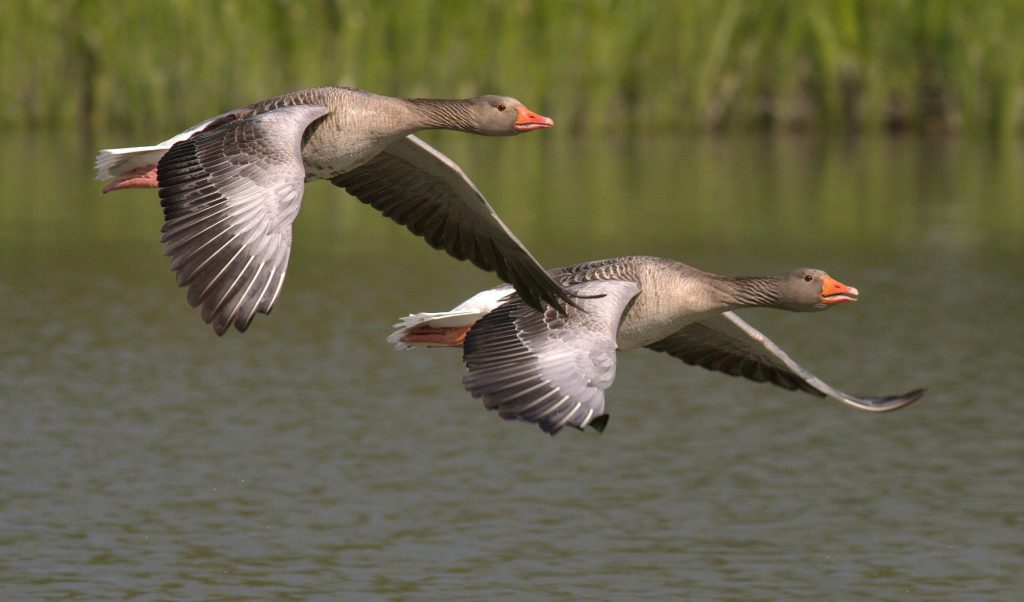
Availability and Cost
Geese are widely available, but choosing the right breed matters.
Where to Buy
- Hatcheries (e.g., Murray McMurray, Metzer Farms) – Best for rare breeds.
- Local Breeders – Healthier stock, often acclimated to your climate.
- Farm Stores – Limited breeds but convenient.
Cost Breakdown
- Goslings – $10-$50 depending on breed.
- Setup – $100-$500 (fencing, shelter, waterers).
- Ongoing Costs – Low if grazing; higher in winter with supplemental feed.
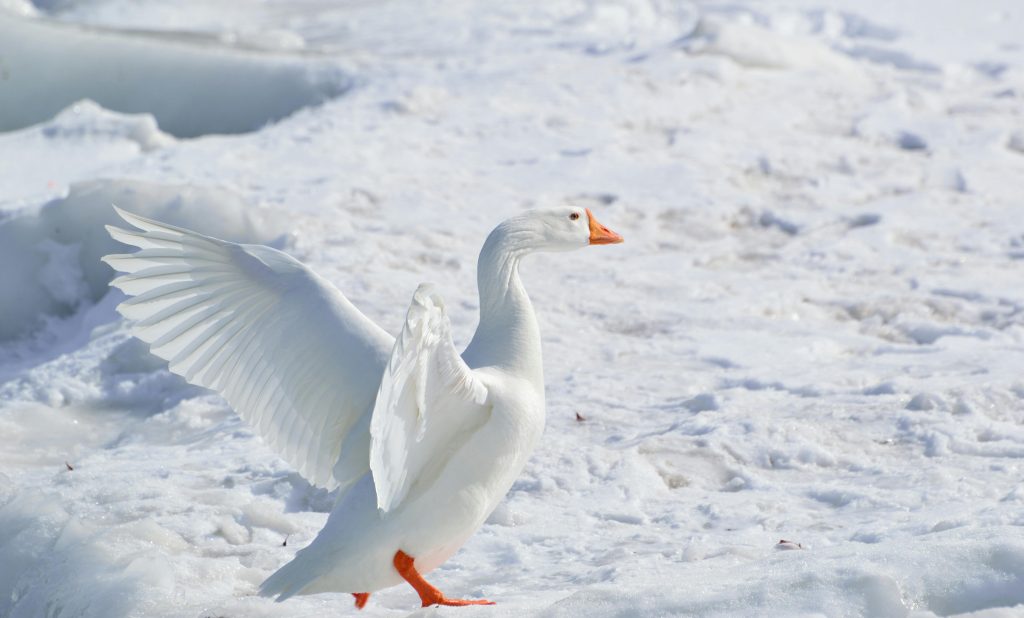
Pros and Cons
Pros
✅ Excellent foragers – Reduce feed costs.
✅ Natural weed control – Prefer grass over garden plants.
✅ Guard animals – Deter small predators.
✅ Low shelter needs – Handle cold weather well.
Cons
❌ Noisy – Honking can disturb neighbors.
❌ Aggressive during breeding season – Ganders may attack.
❌ Messy – Produce large droppings.
❌ Not urban-friendly – Need space and grazing land.
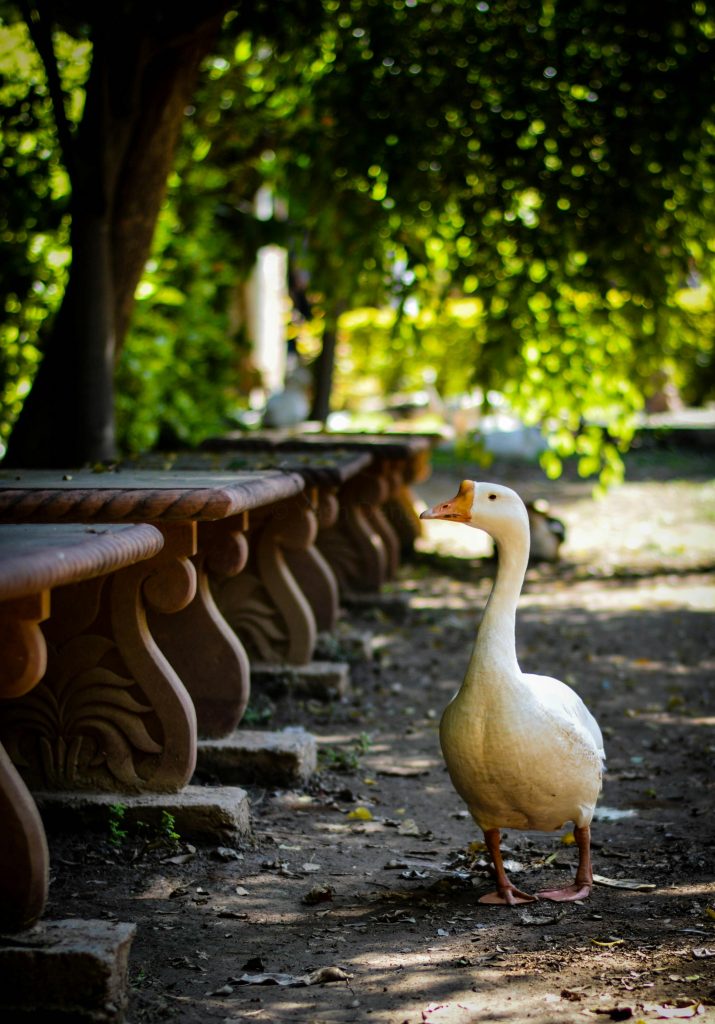
Final Thoughts
Geese are rewarding, multipurpose birds that fit well in homesteads, farms, and large properties. They offer pest control, meat, eggs, and entertainment, but their noise and territorial behavior make them unsuitable for urban settings.
For those with space and patience, geese can be a valuable and enjoyable addition to a sustainable lifestyle. If considering geese, start with a docile breed like Embden or Toulouse, and always prioritize proper fencing and predator protection.
Have experience with geese? Share your thoughts in the comments below! 🦢

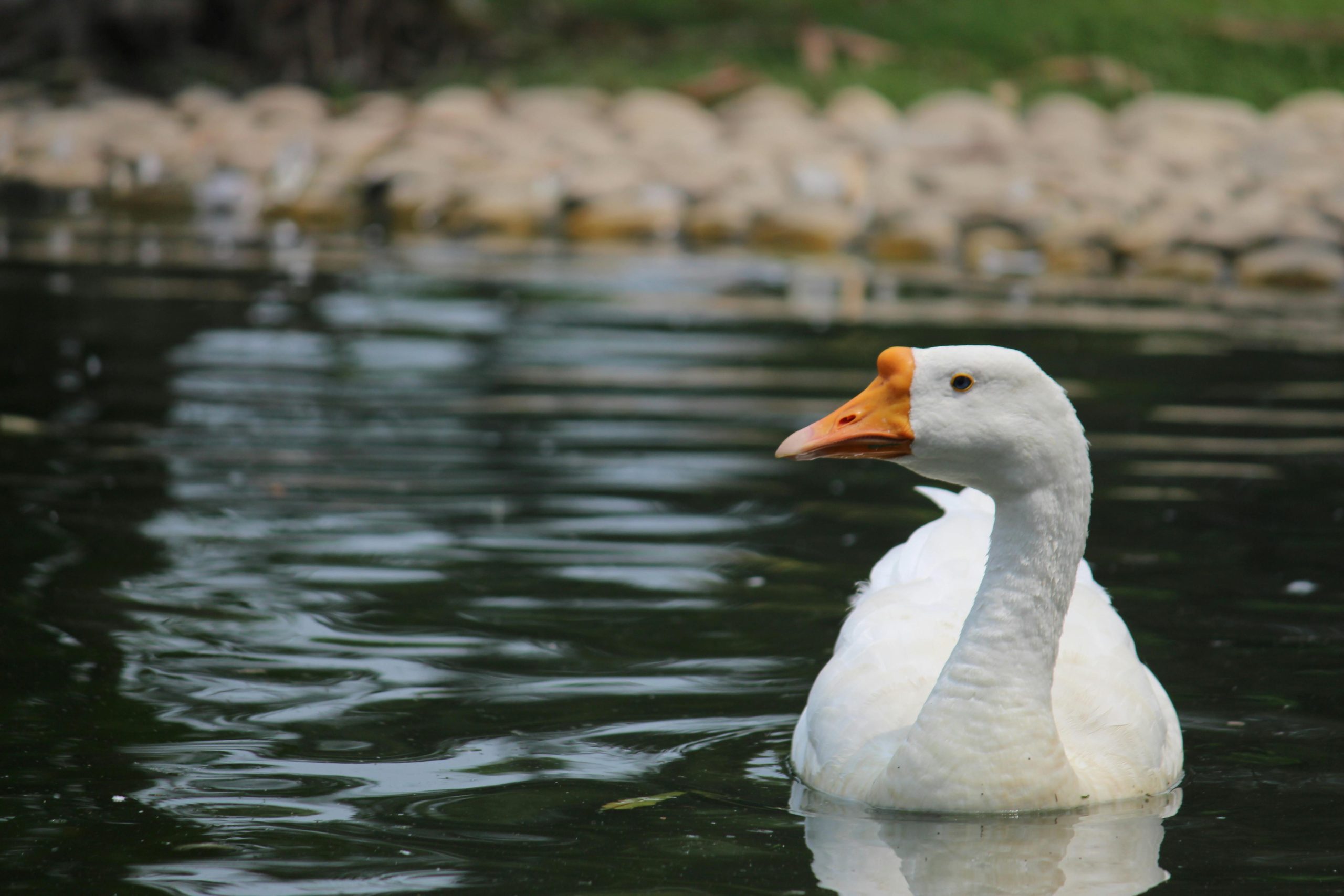

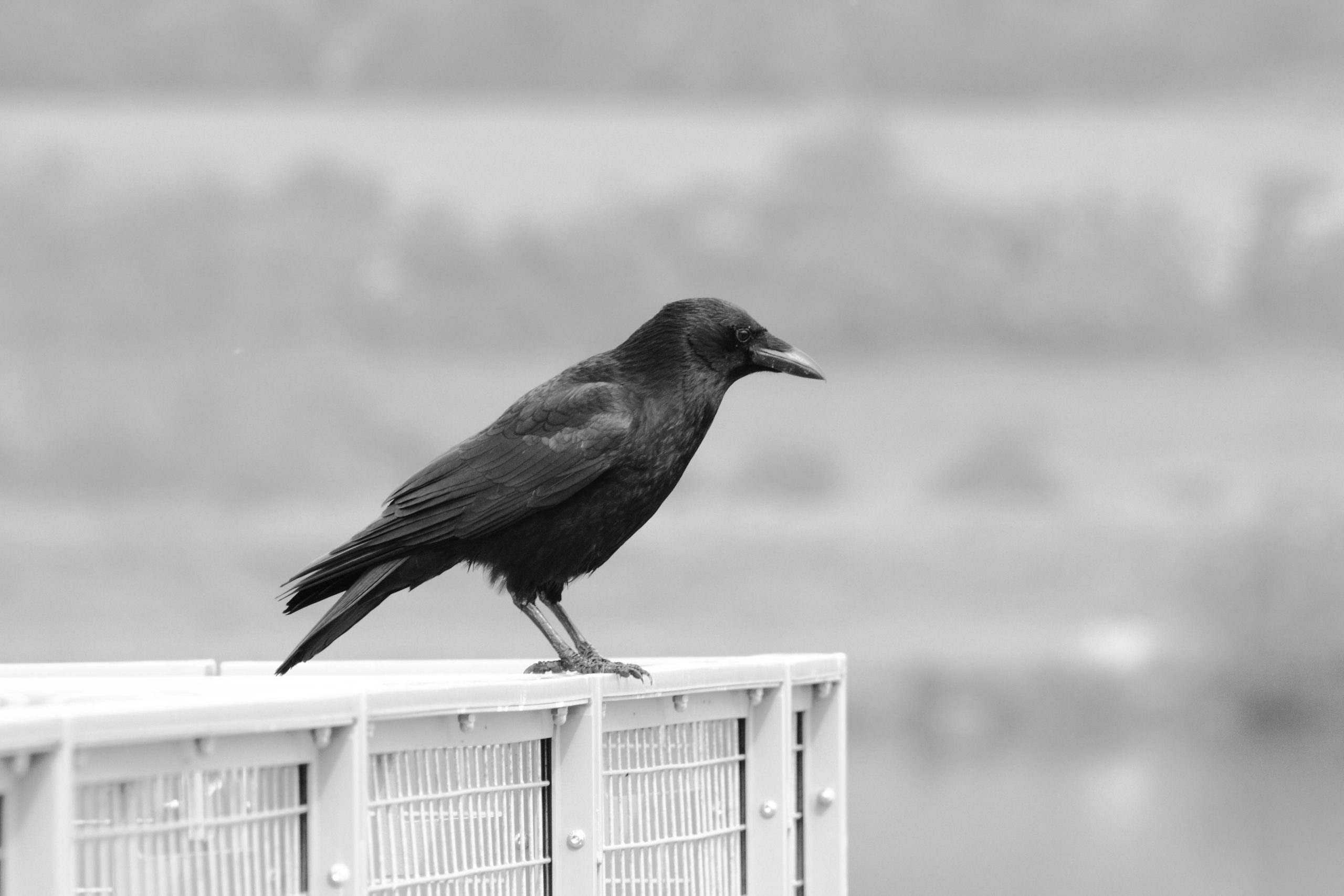
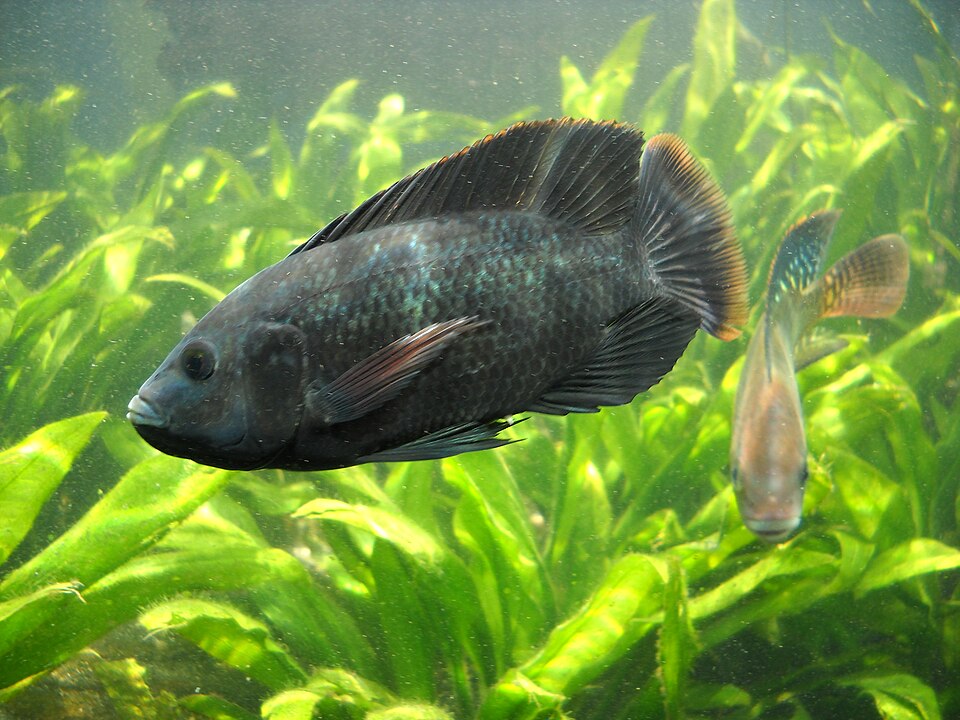
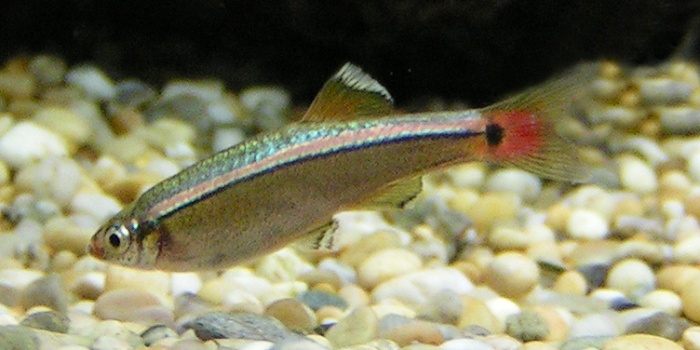
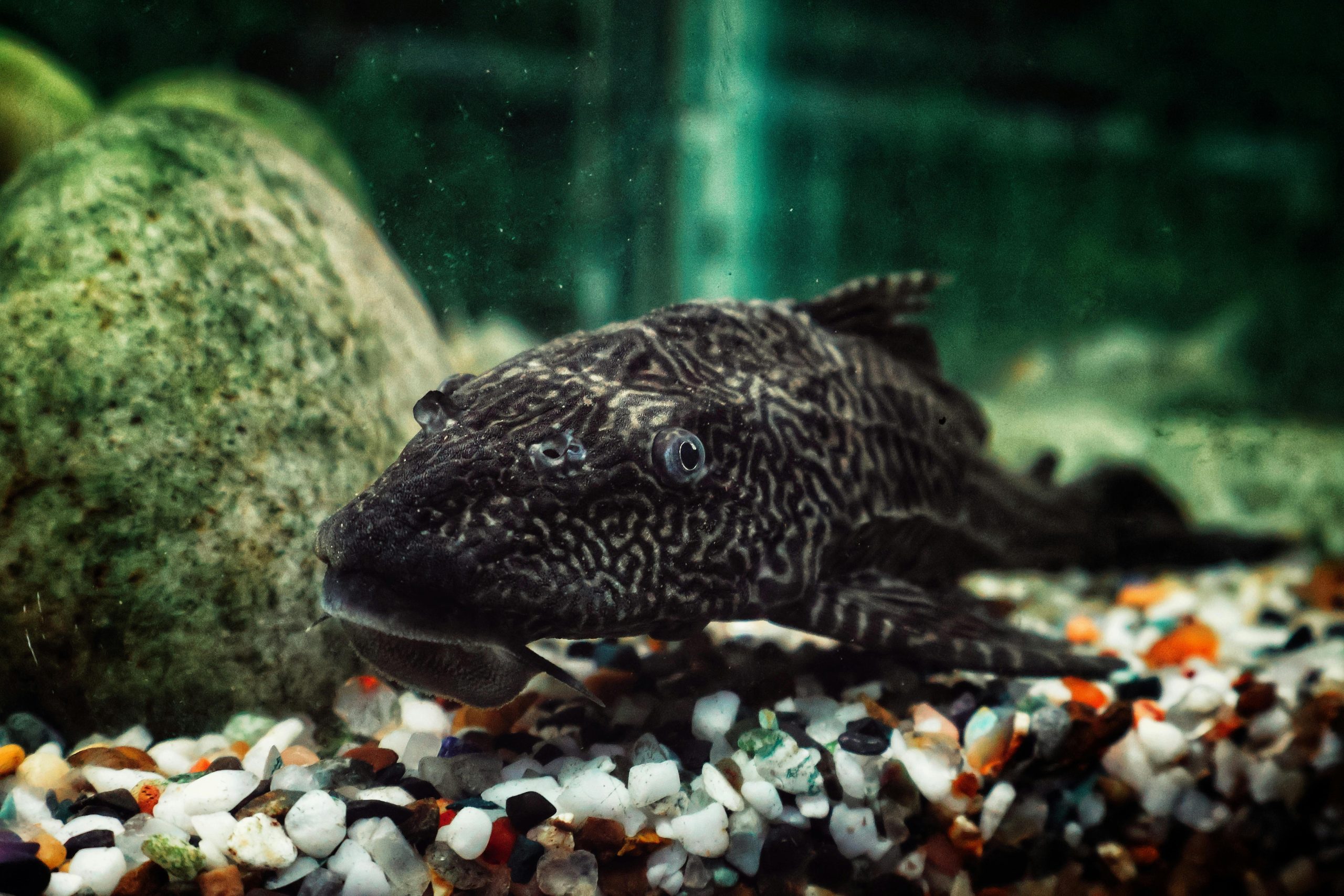
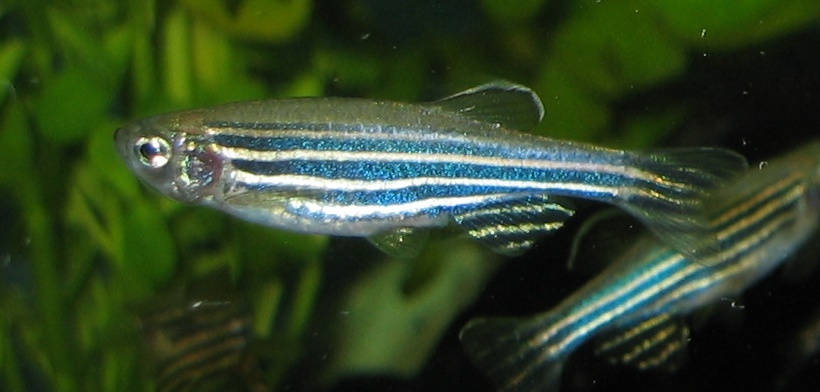
Leave a Reply